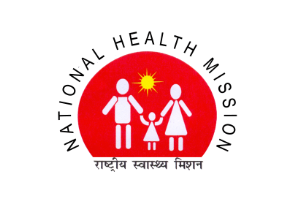- Skip to main content
- Skip to navigation
- Screen Reader Access
- Text Size
- Select Theme Default Theme Yellow Theme Pink Theme Blue Theme
- हिंदी में

The National Health Mission (NHM) envisages achievement of universal access to equitable, affordable & quality health care services that are accountable and responsive to people's needs.

Result for Walk in Interview of Medical Officers and Specialists held on 07-02-2025
Corrigendum for order dated 12-02-2024 for recruitment of Specialists on You Quote We pay Model
"Order for the candidates selected in the interview (You Quote We Pay Model) held on 01-02-2025"
Vaccancies of MBBS Medical Officers under NHM Uttarakhand-05/02/2025
MMU Activities in Uttarakhand with cooperation with The HANS Foundation
Malaria
Malaria is a potentially life threatening parasitic disease caused by parasites known as Plasmodium vivex (P.vivex), Plasmodium falciparum (P.falciparum), Plasmodium malariae (P.malariae) and Plasmodium ovale (P.ovale).
It is transmitted by the infective bite of Anopheles mosquito.
Man develops disease after 10 to 14 days of being bitten by an infective mosquito.
There are two types of parasites of human malaria, Plasmodium vivax, P. falciparum, which are commonly reported from India.
Inside the human host, the parasite undergoes a series of changes as part of its complex life cycle. (Plasmodium is a protozoan parasite).
The parasite completes life cycle in liver cells (pre-erythrocytic schizogony) and red blood cells (erythrocytic schizogony.
Infection with P.falciparum is the most deadly form of malaria.
| Current Situation in Uttarakhand |
| Operational Manual |
| Dengue Advisory |
| Dengue Guideline |
| Dengue IEC |